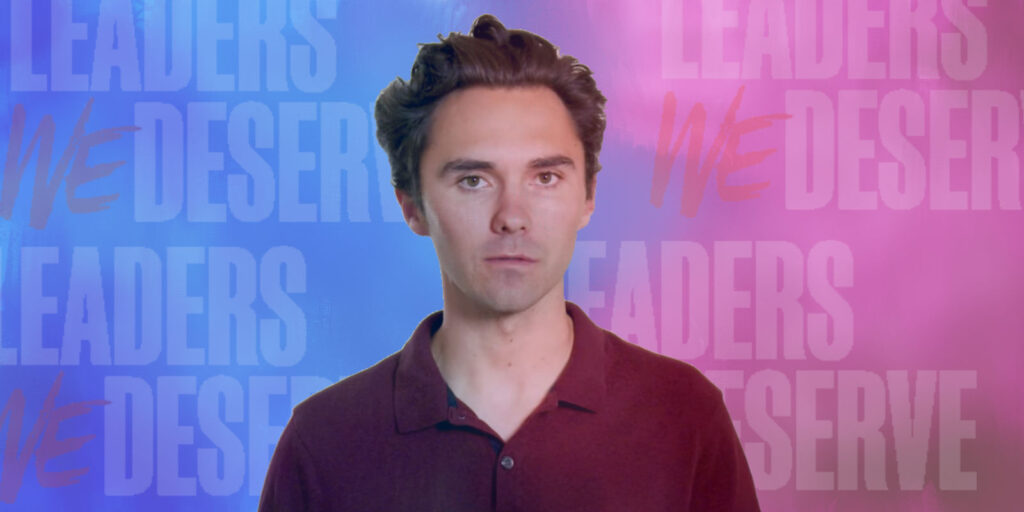Now more than ever, Americas youth are an integral part of our election process. As Gen Z ages into voting, youth organizations around the country have been battling an invisible giant, youth voter engagement. Since the last presidential election, millions of young people have aged into voting, with some of those young people participating in the election process through campaigning.
I had a conversation with and asked two young campaign staffers five questions each, one Republican and one Democrat, about their specific experiences within campaigning. Each employee has provided Young Polity with strong evidence confirming their work within campaigns of their respective party. We have edited some responses to maintain anonymity.
Were you working on a national, state, or local campaign?
Red: “I’ve worked on state and national campaigns, but I prefer state campaigns.”
Blue: “I have worked on campaigns of all levels.”
Are young people discounted on campaigns?
Blue: “It truly depends on the campaign. Some candidates understand the importance of young people and know that the system needs our ideas to change. But others feel that we’ve not experienced enough, and that our ideas are just too bold for the system in the state it is in right now.”
Red: “It depends on the candidate and if they keep their staff in check or leave that to another staff member. I’ve experienced age bias more than once while on the campaign trail. More so when working internships rather than paid positions.”
What was your favorite and least favorite part about campaigning?
Red: “My favorite part about campaigning was the sense of community [with other young people]. My least favorite part is dealing with the extremists that found a home in the [Republican] party. I feel like a lot of young staffers would say that. I also struggle to feed myself when on the trail because things move so fast.”
Blue: “My favorite part of working on any campaign was connecting with constituents. My least favorite part is that campaign work is seasonal and campaign staffers, mostly young campaign staffers, are left jobless.”
Are there any misconceptions about working for somebody seeking office?
Blue: “The misconception that you will always have a connection with whomever you work for. Unfortunately, a lot of unsuccessful candidates just step away from the political scene entirely. Successful candidates get busy and unfortunately do not have as much time to continue a relationship. This is definitely not true for all candidates, but it is something to be mindful of.”
Red: “A lot of young democrats villainize young republicans because of the media. Humans are complex, and not everybody in the party holds the same values. I also find young people experience push-back when dealing with social media, despite the expectation.”
What are your thoughts on lowering the minimum voting age to 16 years old?
Red: “I think if you pay taxes, you should be able to vote. At 16, I was working a job and earning money, therefore paying taxes. My voice should have been heard.”
Blue: “I support lowering the voting age. If you are old enough to drive, work, and pay taxes, you are old enough to vote. We leave a big chunk of the working class out of the ballot box because of the current minimum voting age.”
As young people continue to fight for representation and a higher voter turn-out, it’s important to remember that young people on both sides of the aisle have more in common when it comes to campaigning than they don’t.
Bored?
Check out our polls!




